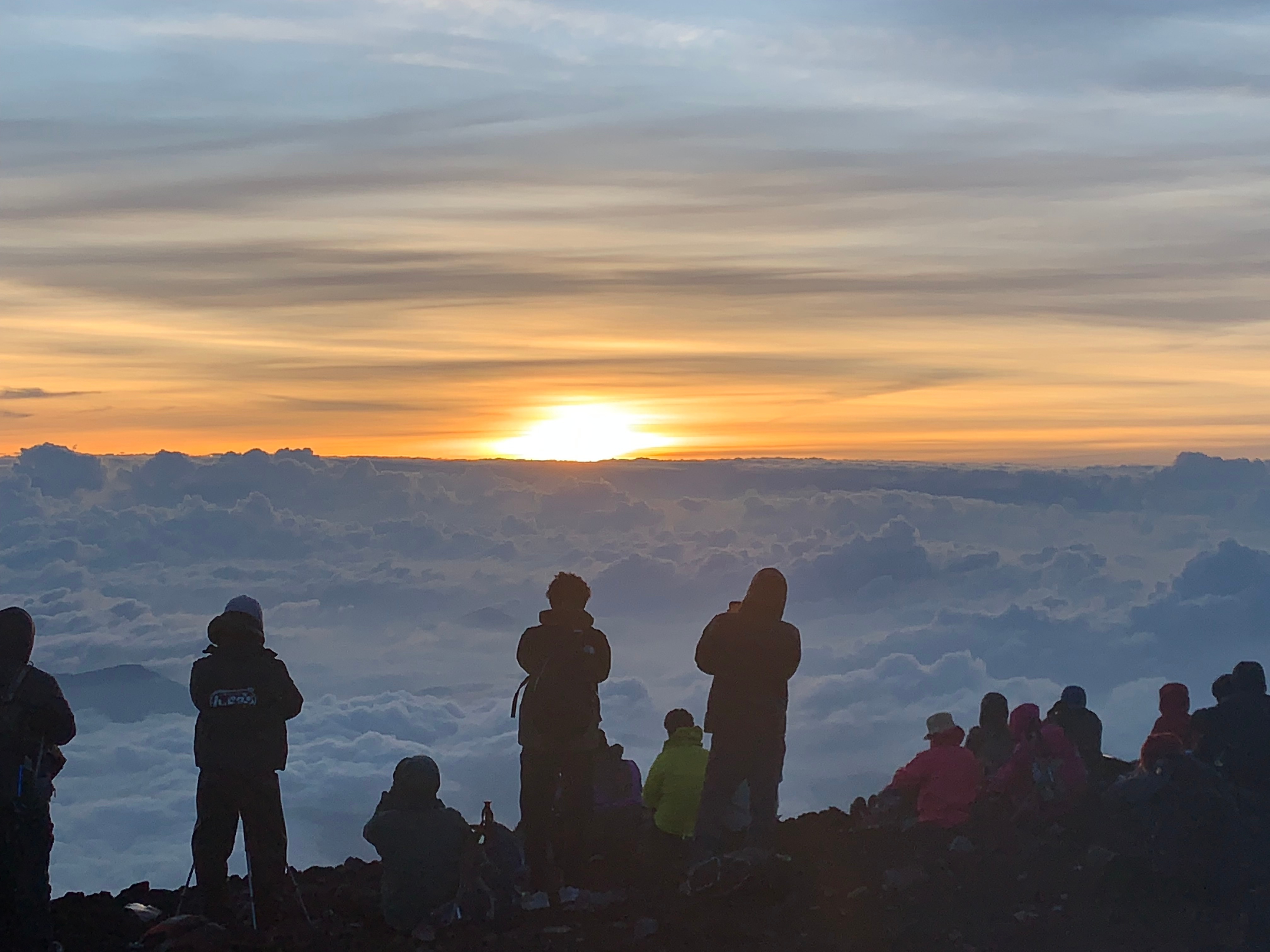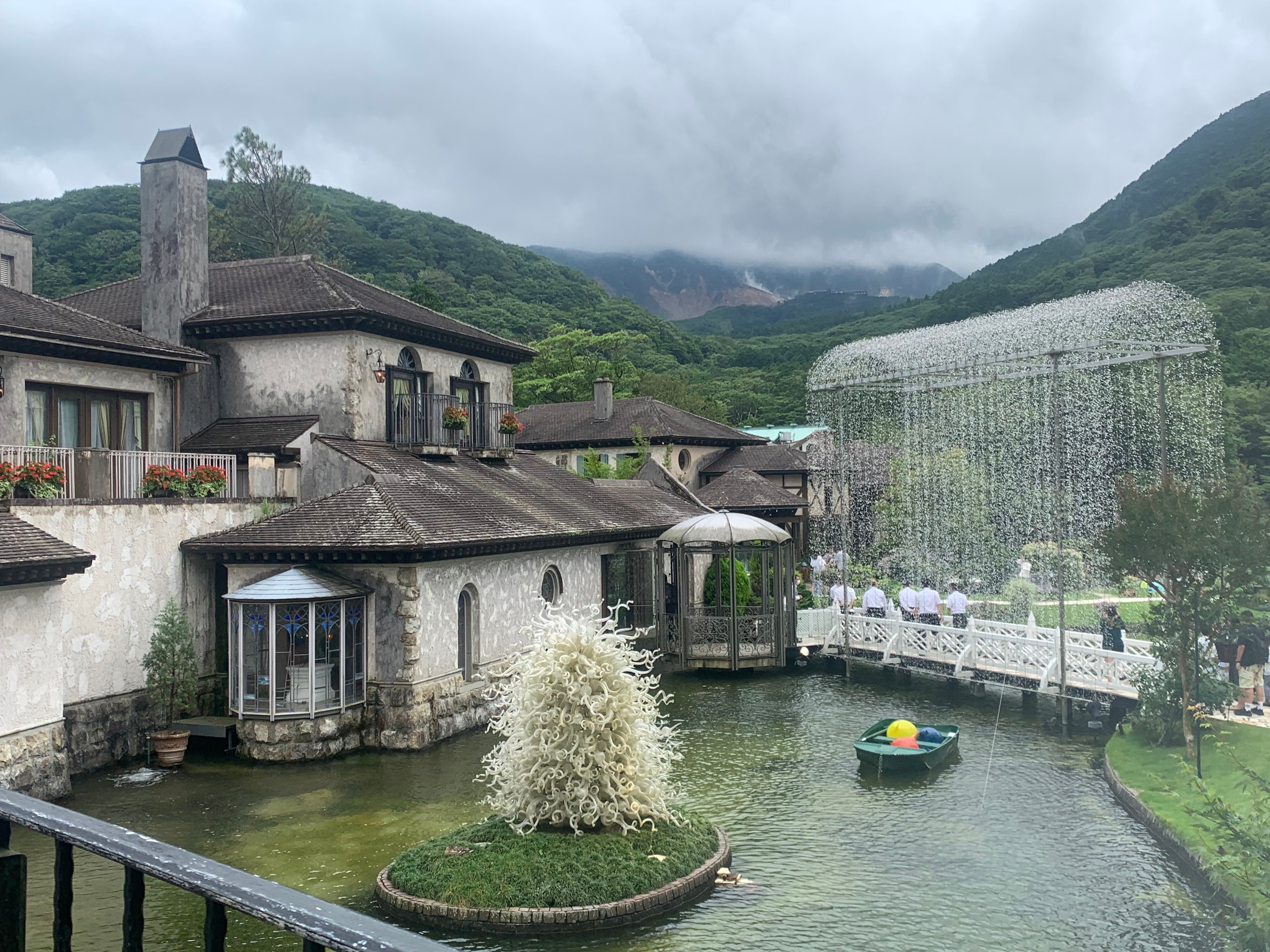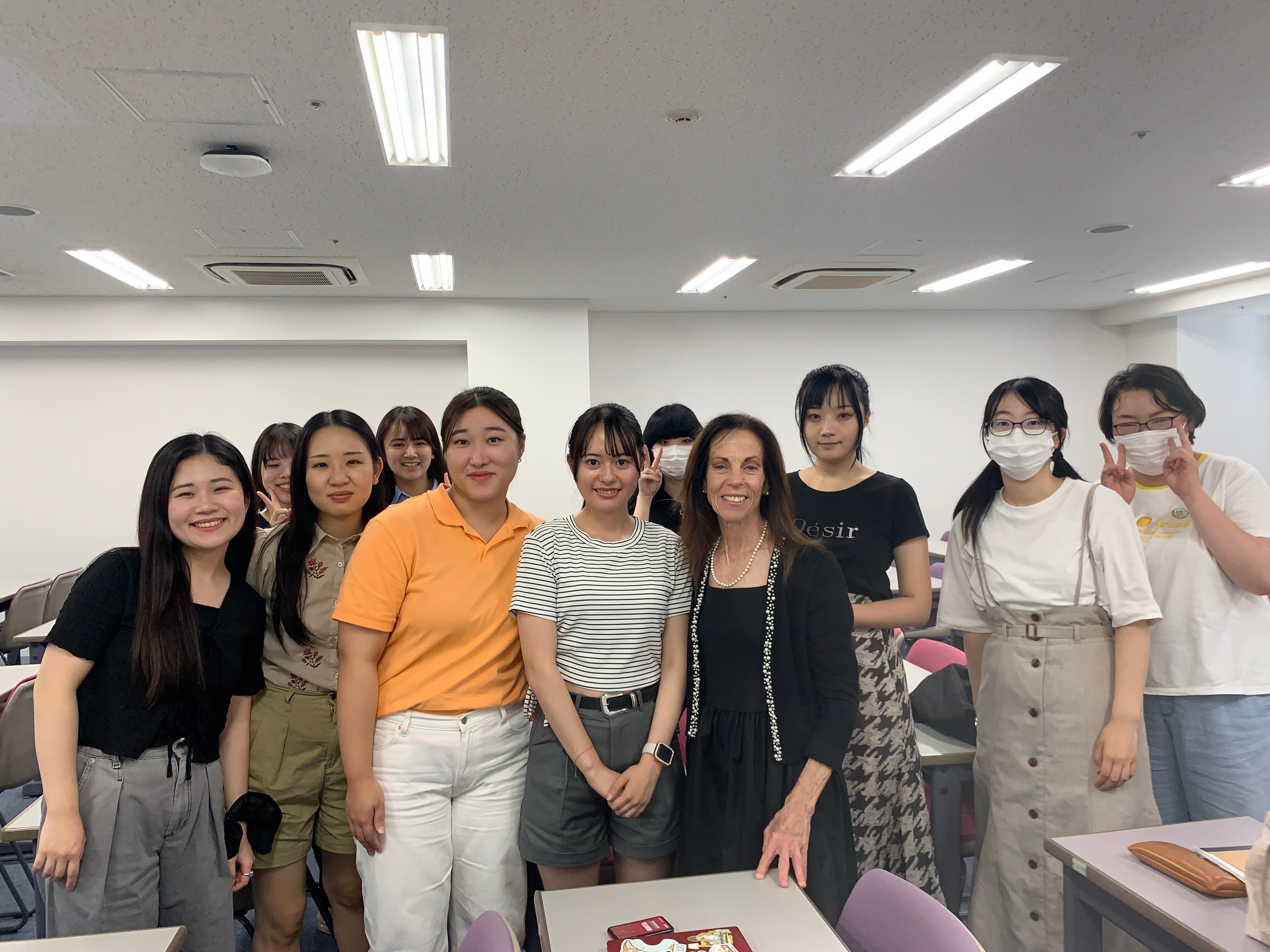
Class at Kyoritsu Women’s University
My Fulbright Story

Class at Kyoritsu Women’s University
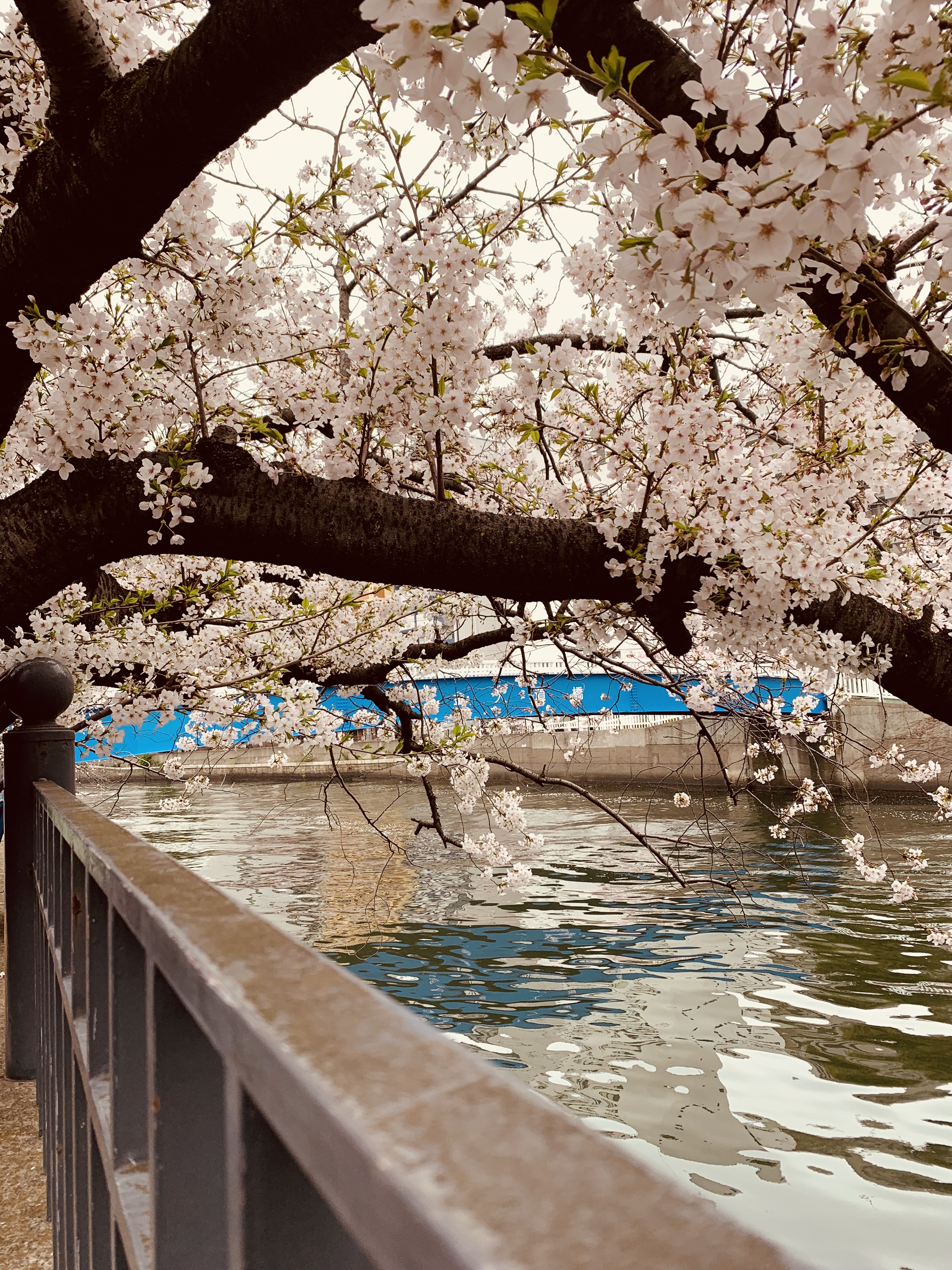
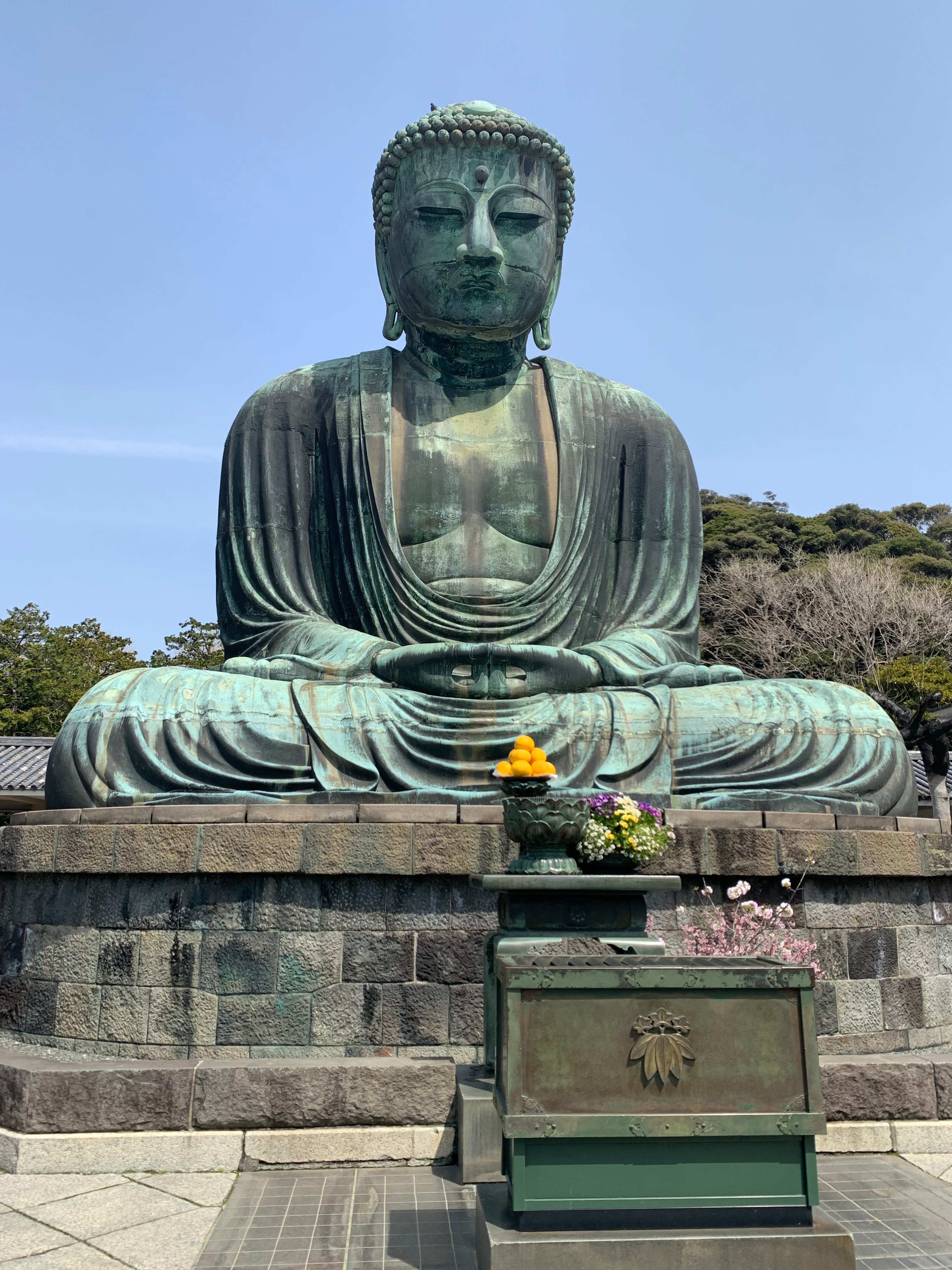
Before finding her passion for teaching, Dr. Faith Litvack, a professor at Florida State College at Jacksonville, spent several decades as a practicing attorney in Florida. Now, after completing her Fulbright Program in Japan, she returns with insights that connect not only legal systems, but also fundamentally different ways of thinking about community and the art of teaching.
As a professor for the past decade, Dr. Litvack found herself wondering if she could apply for the Fulbright Program despite her professional background, which was neither fully research- nor education-focused. After hearing from a family member that the Fulbright Program did take in professionals, she decided to apply for a teaching position in Japan, a country she had been fascinated by for a long time despite never having stayed there. Undeterred by an initial setback caused by COVID-19, which prevented Prof. Litvack from participating in the program despite her acceptance in 2021, she reapplied and was granted a Fulbright award in 2023.
While in Japan, Prof. Litvack taught at both Yokohama National University and Kyoritsu Women’s University from March to August 2024. During her stay, Prof. Litvack encountered striking differences in educational approaches and cultural perspectives, as compared to her experiences in the United States. “In the United States, we tend to think like individuals,” she explains, “In Japan, however, there’s a stronger feeling of unity—a shared sense of community.”
After acclimatizing herself to these cultural differences, Prof. Litvack adapted her teaching style to bridge these differences, incorporating interactive and “edutainment” elements she frequently used in the United States, while also respecting Japanese educational traditions. Her students exceeded expectations, mastering complex American legal concepts and landmark cases. Their success demonstrated how educational exchange could transcend cultural and language barriers.
Beyond the classroom, Prof. Litvack found herself immersed in Japanese culture, traveling to 17 cities across the country and enjoying its exceptional public transportation. She formed meaningful connections with locals, including serendipitously starting a book club with Japanese people who approached her to chat about a book she was reading. “As a woman alone, I never was worried about traveling by myself,” she recalls, “I also felt I lived in the moment, because every moment required my attention.” One of her most transformative experiences came from climbing Mount Fuji, which, in her opinion, was “very spiritual” and “life-changing.”
The Fulbright experience has left an indelible mark on Prof. Litvack’s worldview, particularly in terms of the harmony between nature and humanity that she observed in Japanese culture. “I think people have more respect in Japan for that balance,” she observes.
This deep bond with Japan also shapes the advice she offers to those considering the Fulbright Program. Prof. Litvack’s guidance is straightforward: “Apply for the scholarship, because you may just get it.” She encourages the applicant to step outside one’s comfort zone but to be your true self when preparing the application. While the application forms and the process itself can sometimes feel very voluminous, she reassures applicants that it can be tackled one bit at a time with sustained effort. Most importantly, Prof. Litvack deeply believes in the program’s broader impact, stating that “we’re a better world when we understand other cultures.”
Prof. Litvack’s journey from American courtrooms to Japanese classrooms exemplifies the transformative power of cultural exchange, demonstrating how something like legal education can serve as a lens for understanding deeper cultural values and fostering mutual international understanding.
